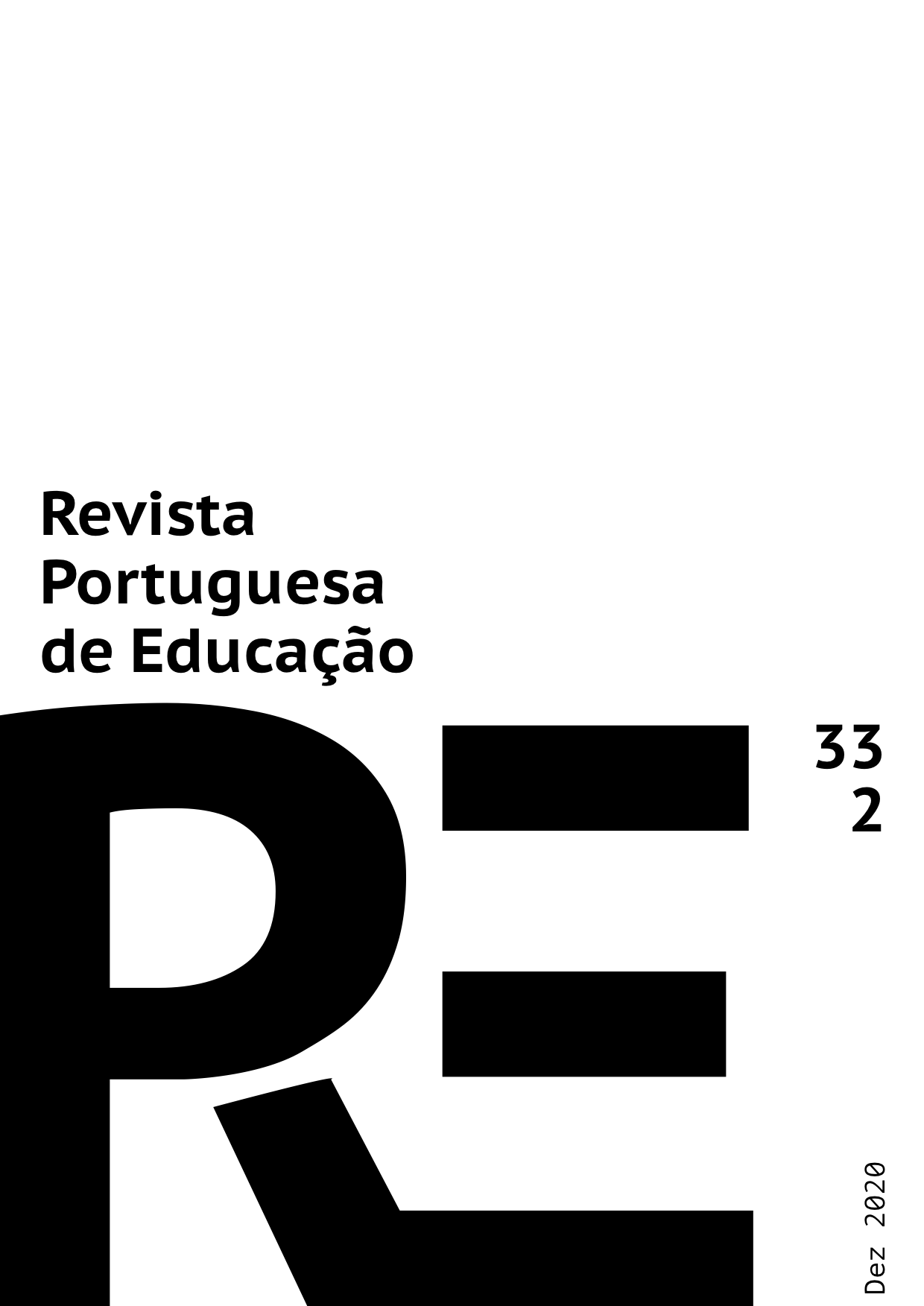School drop out narratives
How can the research interview contribute to the deconstruction of stigmatization processes?
DOI:
https://doi.org/10.21814/rpe.19753Keywords:
School dropoutAbstract
This article questions the research interview as a way to promote and support the emancipation process of social actors experiencing stigmatization, in the context of a research on biographical trajectories of former dropouts coming back to school. By developing an interview methodology based on the theoretical principles of biographical research in education, a number of various conditions favourable to this emancipation process were identified. Taking these conditions into account makes it possible particularly to avoid the pitfall of reducing the interviewee to an object used to know in order to consider him or her as a person responsible of his or her possible transformation through the interactions with the researcher. As an other result, it appeared that the research interview is not without impact on the researcher who experiences, in contact with the interviewees, a kind of reciprocity, initiating also a change of position and a modification of his personal narrative.
Downloads
References
Blaya, C. (2012). Décrochages scolaires. Bruxelles: De Boeck.
Bruner, J. (1983). Le développement de l’enfant. Savoir faire, savoir dire. Paris: PUF.
Charlot, B. (1997). Du rapport au savoir. Paris: Anthropos-Economica.
Delory-Momberger, C. (2014). De la recherche biographique. Fondements, méthodes, pratiques. Paris : Téraèdre.
Delory-Momberger, C. (2009). La condition biographique-essai sur le récit de soi dans la modernité avancée. Paris: Téraèdre.
Delory-Momberger, C. (2003). Biographie et éducation-figure de l'individu-projet. Paris: Anthropos.
Delory-Momberger, C., & Niewiadomski, C. (2010). Vivre, survivre-récits de résistance. Paris: Téraèdre.
Devereux, G. (1980). De l’angoisse à la méthode dans les sciences du comportement. Paris: Aubier-Montaigne.
Dubar, C., & Demazière, D. (2004). Analyser les entretiens biographiques. Laval, Canada : Presses de l'université de Laval.
Foucault, M. (2001). L’herméneutique du sujet. Paris : Editions du Seuil.
Le Blanc, G. (2007). Les maladies de l'homme normal. Paris: Vrin.
Lévine, J., & Moll, J. (2001). Je est un autre. Paris: ESF.
Mauss, M. (2007). Essai sur le don. Forme et raison de l’échange dans les sociétés archaïques. Paris : PUF.
AUTOR (2019). [revisão cega]
AUTOR (2010). [revisão cega]
Pereira, I. (2017). Paulo Freire, pédagogue des opprimés. Paris: Editions Libertalia
Ricoeur P. (1983). Temps et Récit 1, Intrigue et récit historique. Paris : Editions du Seuil.
Roche, P. (2007). La subjectivation. Dans : V. De Gaulejac & al. (dir), La sociologie clinique (p.161-185). Paris : Eres.
Scott, J. (2009). La domination et les arts de la résistance. Fragments d’un discours subalterne. Paris : Editions Amsterdam.
Downloads
Published
How to Cite
Issue
Section
License
1. The authors preserve their authorship and grant the Portuguese Journal of Education the right to the first publication. The work is licensed under Creative Commons Attribution License that allows sharing the work with the acknowledgment of initial authorship and publication in this Journal.
2. The authors have the right to take additional contracts separately, for non-exclusive distribution of the published version of their work (e.g. to deposit in an institutional repository or as a book chapter), acknowledging the initial authorship and publication in this Journal.
3. The authors have the permission and are stimulated to post their work online (e.g. in an institutional repository or on their personal website). They can do this at any phase of the editorial process, as it may generate productive changes, as well as increase impact and article citation (see The Open Citation Project).
The work is licensed under Attribution-ShareAlike 4.0 International (CC BY-SA 4.0)





















